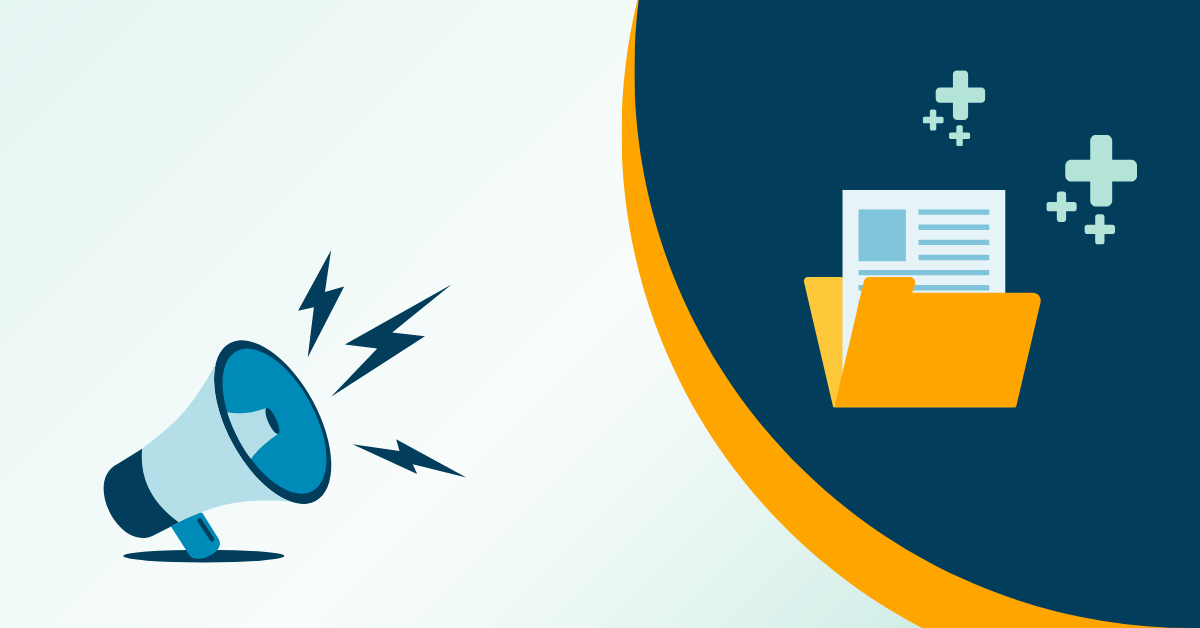With many legal professionals now working remotely, networking and mentorship are still critical – perhaps even more so. Here’s how to find a mentor and make that relationship work for you in a virtual world.
Why is mentorship so important?
Making connections and finding a mentor are vital for career growth, whether you are working remotely or not. A legal mentor – typically a senior professional who works in your firm or the legal industry – can provide you with a variety of valuable things, such as:
- A deep dive into your role within the legal industry that a less-experienced person might not be equipped to give
- A sounding board to discuss new challenges and possibilities
- A greater understanding regarding your position on a legal team
- Exposure to new opportunities, resources, and other connections
- Tips on how to grow your career and advance at your firm and within the legal community
- Insight into things you are currently doing that might be holding you back in your career
The skills and insight gained through mentorship can also enhance the culture of your entire workplace by cultivating:
- Greater engagement, connection, and productivity throughout the team
- Increased and more meaningful collaboration
- Inspired leaders who are willing to concentrate on career development, critical thinking, and superior listening skills to inspire greater investment in their employees
If a mentor-mentee relationship is a positive one, everyone, including the industry as a whole, stands to gain from it.
Finding a mentor
Finding the right mentor while working remotely can be a challenge. However, it is still possible to target good prospects and receive their support – you might need to modify your strategy to gain the opportunity to connect with a great mentor.
If you are currently working remotely, your job is likely more propelled by online research than social interaction. However, this approach can also work for you when looking for a mentor. For example: Previously, you might have traveled to professional conventions, seminars, or networking events and met potential mentors in person. Many of those events are probably still going on, but some are likely being hosted online. Make these critical connections remotely by locating attendee or presenter lists and doing your networking via phone, email, text, or connecting on social media.
Professional legal societies can also offer rich networking opportunities, as long as you participate in meetings and events, even when gatherings are held remotely. Here is a list of some professional legal groups that might lead to mentorship opportunities:
- Association of Legal Administrations (ALA). An association that focuses on the business of law and law practice management
- National Association of Legal Assistants (NALA). America’s leading professional association for paralegals
- National Association for Legal Professionals (NALS). An organization centered on the legal services industry
- National Association of Consumer Advocates (NACA). An association dedicated to the interests of consumers
Taking on a volunteer or presenter role at events held by professional organizations can also be a viable option – it will beef up your resume and allow you to meet industry leaders who might be open to mentorship relationships.
Benefits of Remote Mentorship
Although a remote mentor-mentee relationship can present challenges, it can also offer unique opportunities as well. These include:
- Fewer limitations. While meeting in-person mentorship typically requires that you work with or live in the same area as your mentor, remote mentoring typically demands only an internet connection and provides a much greater range of national (and even global) opportunities.
- More spontaneity. As we all learned from COVID-19, life (and careers) can be highly unpredictable. Remote work might allow you to connect with your mentor not just during regularly scheduled meetings but also informal conversations when you need some guidance regarding a potentially difficult conversation, conflict, or an upcoming project.
- Greater potential. When people are comfortable, they are not necessarily looking for growth. So even if you don’t want to volunteer for a difficult assignment or accept a more challenging project, a mentor outside your organization or area might inspire you to aim higher and pursue a course of action that you might not typically consider.
- Superior growth. The most successful mentor-mentee relationships motivate those outside their circle as well. While your mentorship conversations might be one-on-one – whether in-person or remote – they will likely serve as a helpful point of contact to widen everyone’s circle.
Most legal professionals naturally build relationships with others in the industry. Those most destined for success in this remote environment will continue to identify contacts, make introductions, and receive valuable encouragement along the way.








